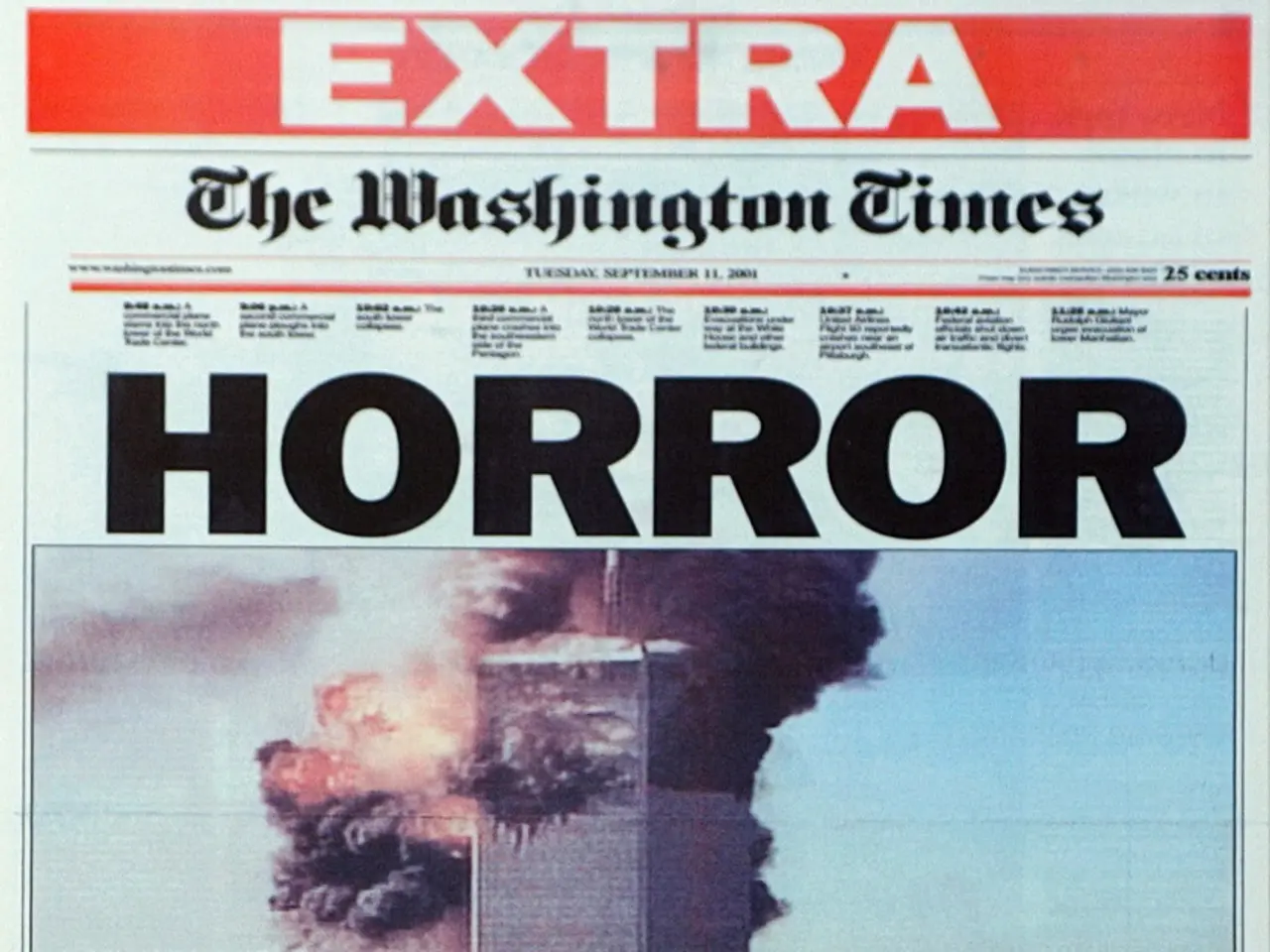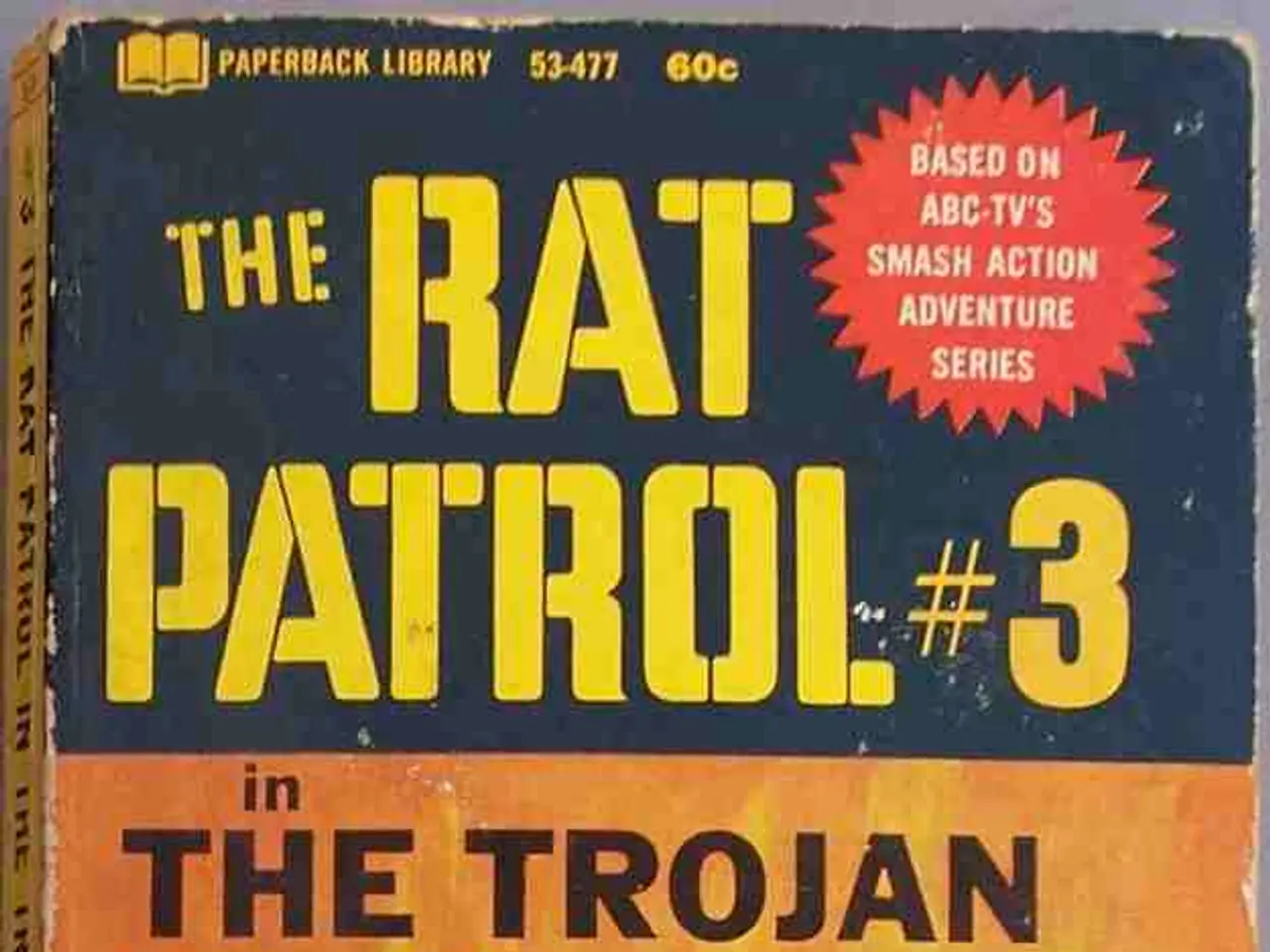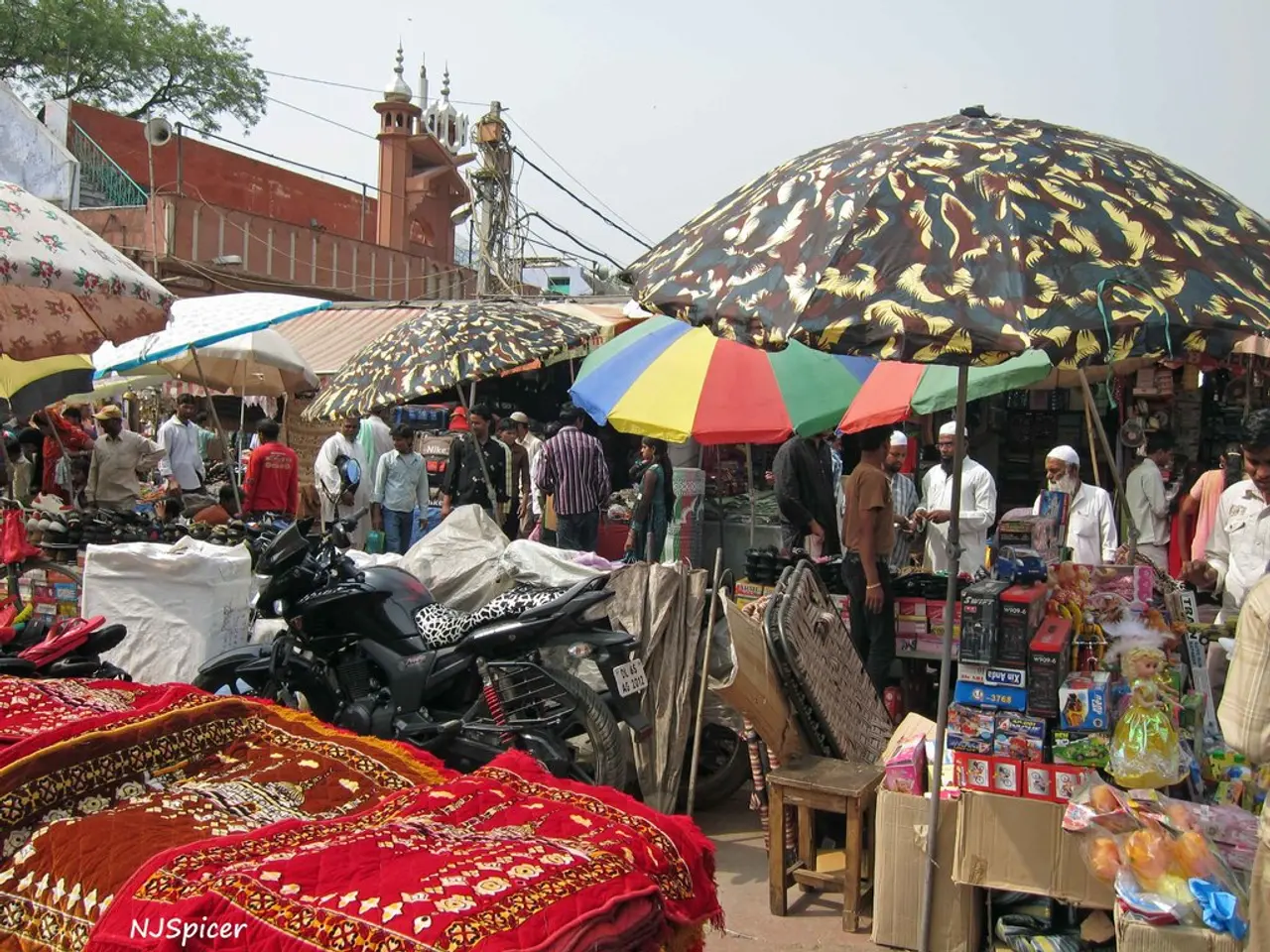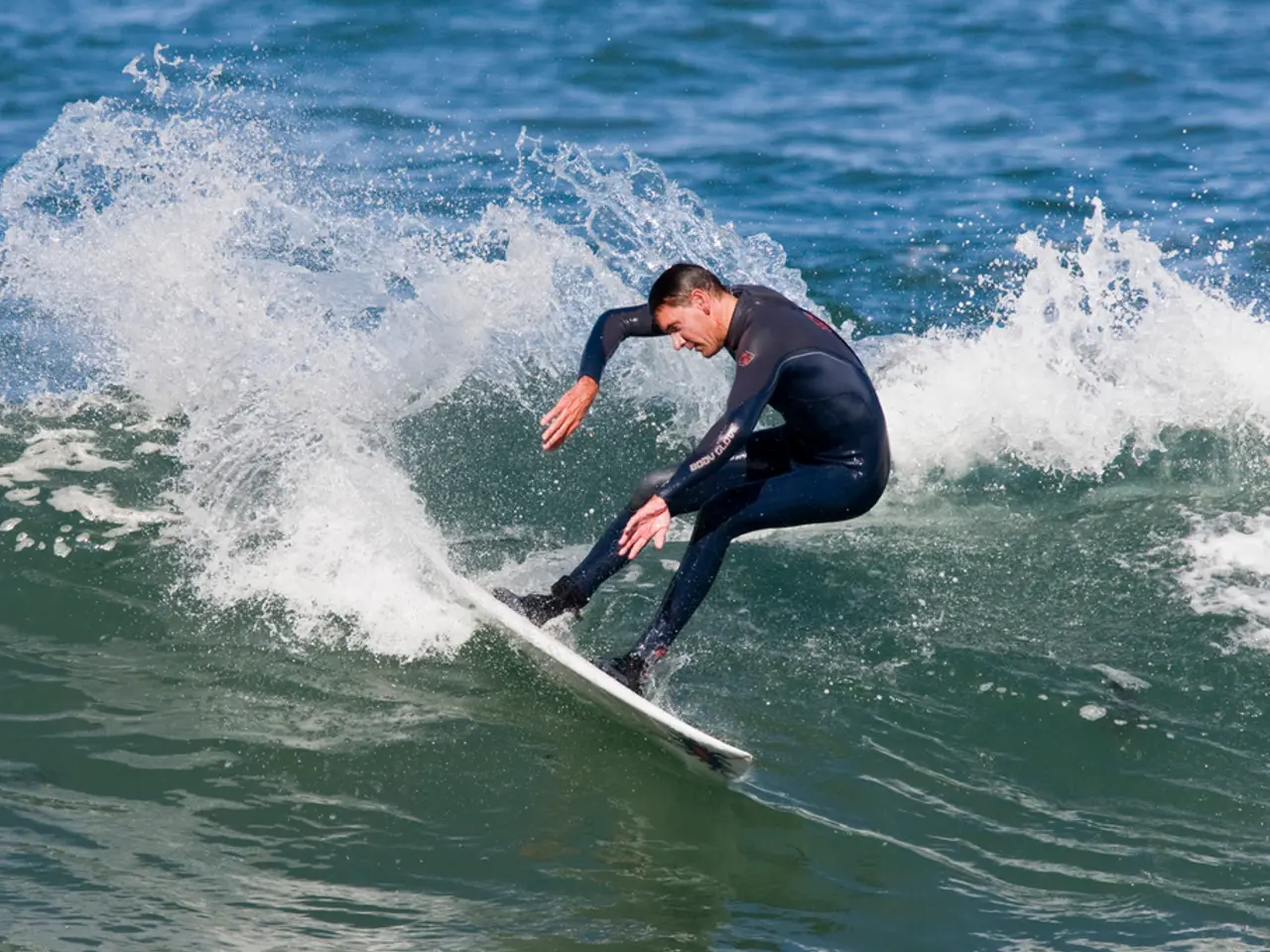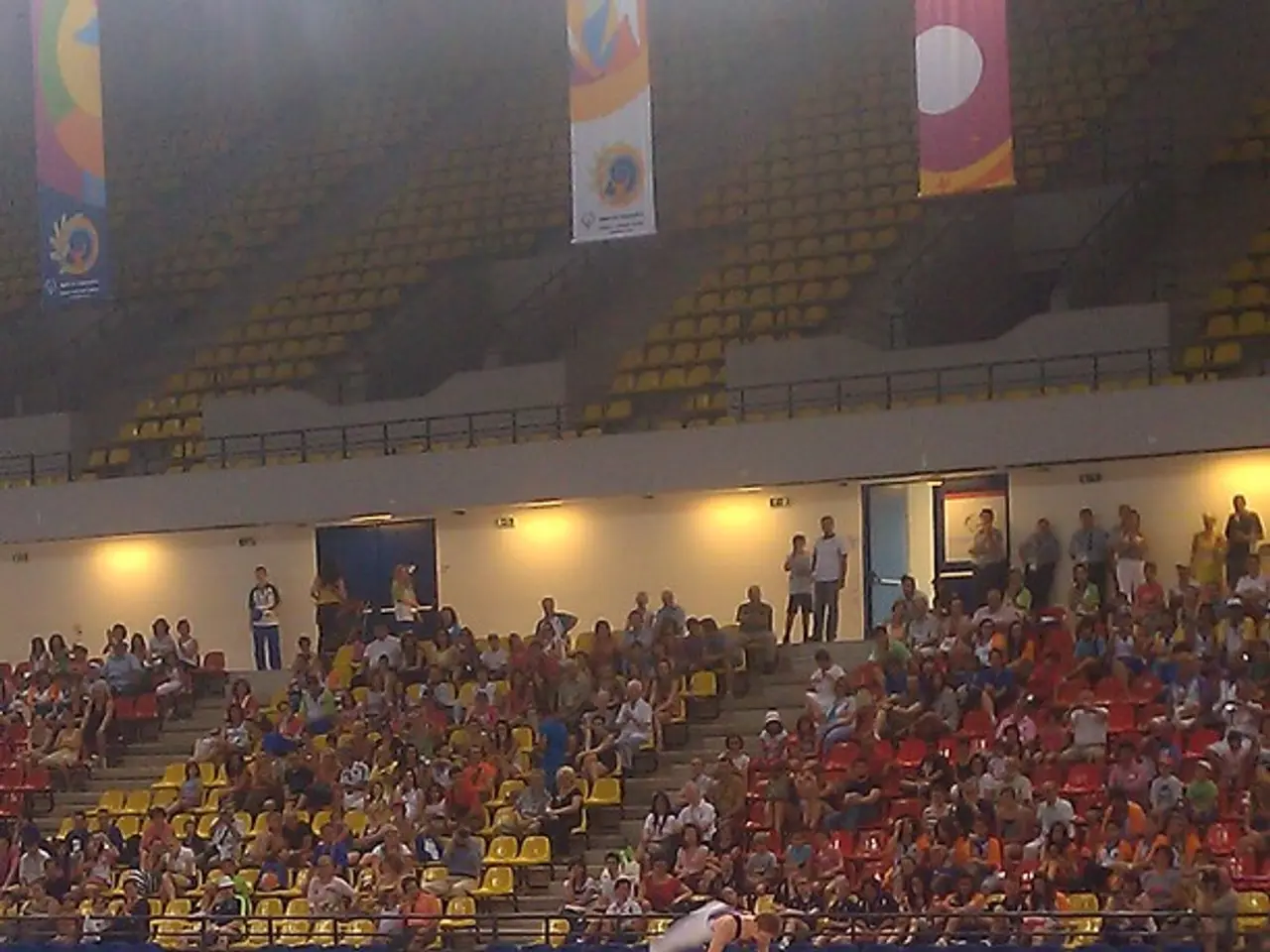Israeli Foreign Minister expresses lack of faith in diplomatic ties with Iran
Title: Live Ticker: Foreign Minister Gideon Saar Pours Cold Water on Diplomatic Prospects with Iran
Facebook Twitter Whatsapp Email Print Copy Link
Israeli Foreign Minister Gideon Saar isn't optimistic about the ongoing diplomatic efforts to resolve the military conflict between his nation and Iran, stating, "I don't particularly believe in diplomacy with Iran." In an interview with Bild, Saar asserted that all past diplomatic endeavors haven't been successful and that Iran typically uses talks to deceive, waste time, and advance - behaviors Saar doesn't believe have changed. For a diplomatic resolution to transpire, Tehran must abandon uranium enrichment, Saar said, though he believes Iran isn't ready to "truly address the concerns and expectations of the international community and abandon its nuclear program that threatens the world and Israel."
As the conflict rages, Iran's internet remained largely unavailable for about 48 hours, with NetBlocks, an international internet censorwatch organization, reporting nationwide disconnection, leaving citizens uninformed about the conflict's status and causing concern among millions of Iranians overseas.
Several people in Israel sustained injuries after renewed rocket attacks, with three severely hurt by shrapnel, and fourteen lightly wounded, as reported by rescue services. Strikes reportedly hit both Haifa and areas near Tel Aviv.
Amid the ongoing clashes, Iran's capital, Tehran, has become a target of Israeli fighter jets. Defense Minister Benny Gantz reportedly ordered intensified strikes on symbolic targets within the Iranian capital, including those linked to the Iranian leadership, to disrupt their power base, such as the Basij militia and the elite Revolutionary Guard unit.
French President Emmanuel Macron announced that Paris, Berlin, and London would soon provide a "comprehensive negotiating offer" to Iran to stop uranium enrichment, limit its missile program, and halt funding for "terrorist groups" in the region by Tehran. "Returning to negotiations is absolutely a priority," Macron emphasized. However, he acknowledged that the threat posed by Iran's nuclear program can't be eliminated solely through military action.
Thousands of Iranians took to the streets in Tehran and other cities to protest against Israel, waving Iranian flags and chanting anti-Western slogans [CNN reports, citing Iranian state television]. Protesters also displayed images of fallen military commanders and Hezbollah flags.
In the intensifying conflict,zbisrael's Defense Minister Benny Gantz has reportedly ordered intensified attacks on the Iranian capital, Tehran. Targets linked to the Iranian leadership are to be hit, such as the Basij militia and the elite Revolutionary Guard unit, in attempts to destabilize the Iranian leadership by attacking its power base.
In a stern warning to the head of Hezbollah, Naim Qassem, Israeli Defense Minister Israel Katz stated that if Hezbollah attacks Israel in support of Iran, "there will be no Hezbollah." Elsewhere, German-Iranian journalist Bamdad Esmaili described the struggles faced by ordinary Iranians, as they navigate an unstable regime and scarce resources.
With the stakes in the Middle East higher than ever, true success for European diplomatic efforts requires a radical change in mindset from both parties to minimize the escalation of war and potential regional disaster. While Israel remains entrenched in its position to strip Iran of all military power and nuclear capabilities, it remains to be seen whether diplomacy, even with the most comprehensive of offers, can overcome the ongoing enmity and accelerating violence.
- The Israeli Foreign Minister Gideon Saar's skepticism towards diplomacy with Iran suggests a need for political cooperation that prioritizes peace and security, especially as the ongoing conflict escalates.
- As diplomatic negotiations between Europe and Iran progress, there is a general-news need for both parties to adapt a mindset that prioritizes peace and security to minimize further escalation and potential disaster in the Middle East.
